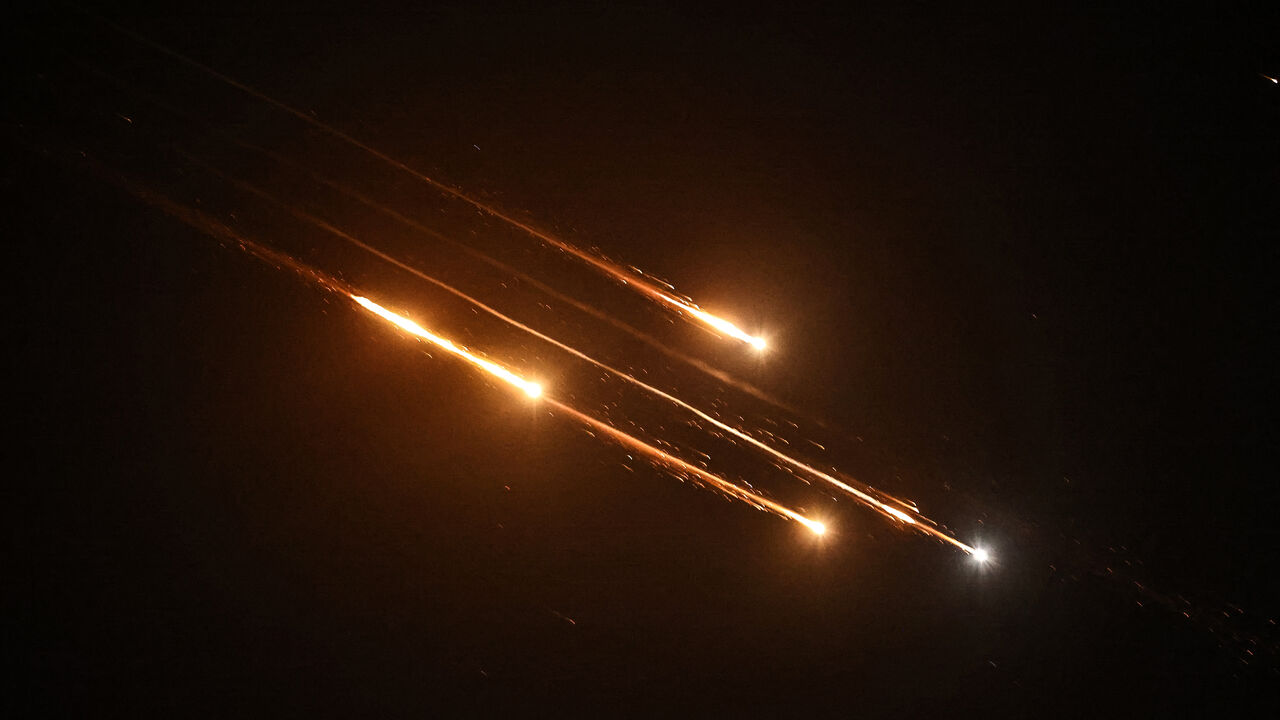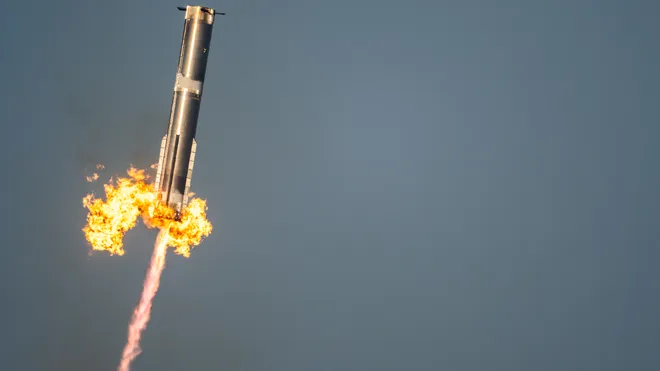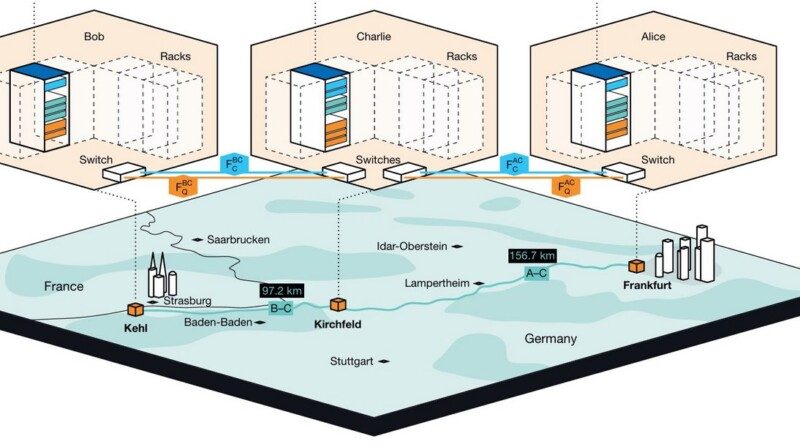Tensions in the Middle East have escalated once again, with Iran launching missiles at Israeli military sites. The attack, which occurred early this week, left at least 30 people injured. This marks a significant development in the ongoing conflict between the two nations, intensifying concerns about regional stability.
The Attack: What We Know
The missile strikes targeted various military facilities in northern Israel. The Israeli military quickly responded to the attacks, but the initial toll has been concerning. Reports indicate that 30 individuals, including both military personnel and civilians, sustained injuries. Although the Israeli defense system has proven to be highly effective in intercepting some missiles, not all were deflected.
The situation remains fluid, with emergency services working tirelessly to manage the fallout. Israel’s Iron Dome, designed to intercept and neutralize missiles, has been credited with preventing even more significant casualties.
A History of Tension
The conflict between Iran and Israel has a long and complex history. Both countries have engaged in numerous proxy battles, but direct military confrontations like this one have been relatively rare. This attack highlights the fragile peace in the region and the volatile relationship between Iran, Israel, and their respective allies.
Iran has repeatedly stated its opposition to Israel’s existence, while Israel views Iran’s nuclear ambitions as a significant threat to its security. These underlying tensions have fueled numerous conflicts in the Middle East, with both sides engaging in covert operations and military strikes.
Impact on Regional Security
This missile attack is not only a direct assault on Israel but also a broader challenge to regional stability. The repercussions could be far-reaching, potentially drawing in other nations with vested interests in the region. As Iran continues to assert itself militarily, Israel has vowed to defend its sovereignty at all costs.
Global powers, including the United States and Russia, have expressed concern about the latest escalation. With so much at stake, diplomatic efforts are likely to increase in the coming days. However, many analysts fear that the window for negotiation may be closing.
What’s Next?
The immediate future remains uncertain. Both Iran and Israel have demonstrated a willingness to escalate tensions in pursuit of their respective interests. While Israel is strengthening its defenses, Iran is unlikely to back down, seeing this attack as a statement of defiance against Israeli influence in the region.
At this point, only time will tell if diplomatic measures will succeed or if this is the beginning of a larger conflict. The international community will be closely watching, hoping for a de-escalation of the situation before more lives are lost.
As this story develops, it remains clear that the Middle East continues to be a region of significant geopolitical volatility, with Iran’s recent missile strike on Israeli military sites further highlighting the fragile security environment in the area. Stay tuned for updates on this critical situation.



